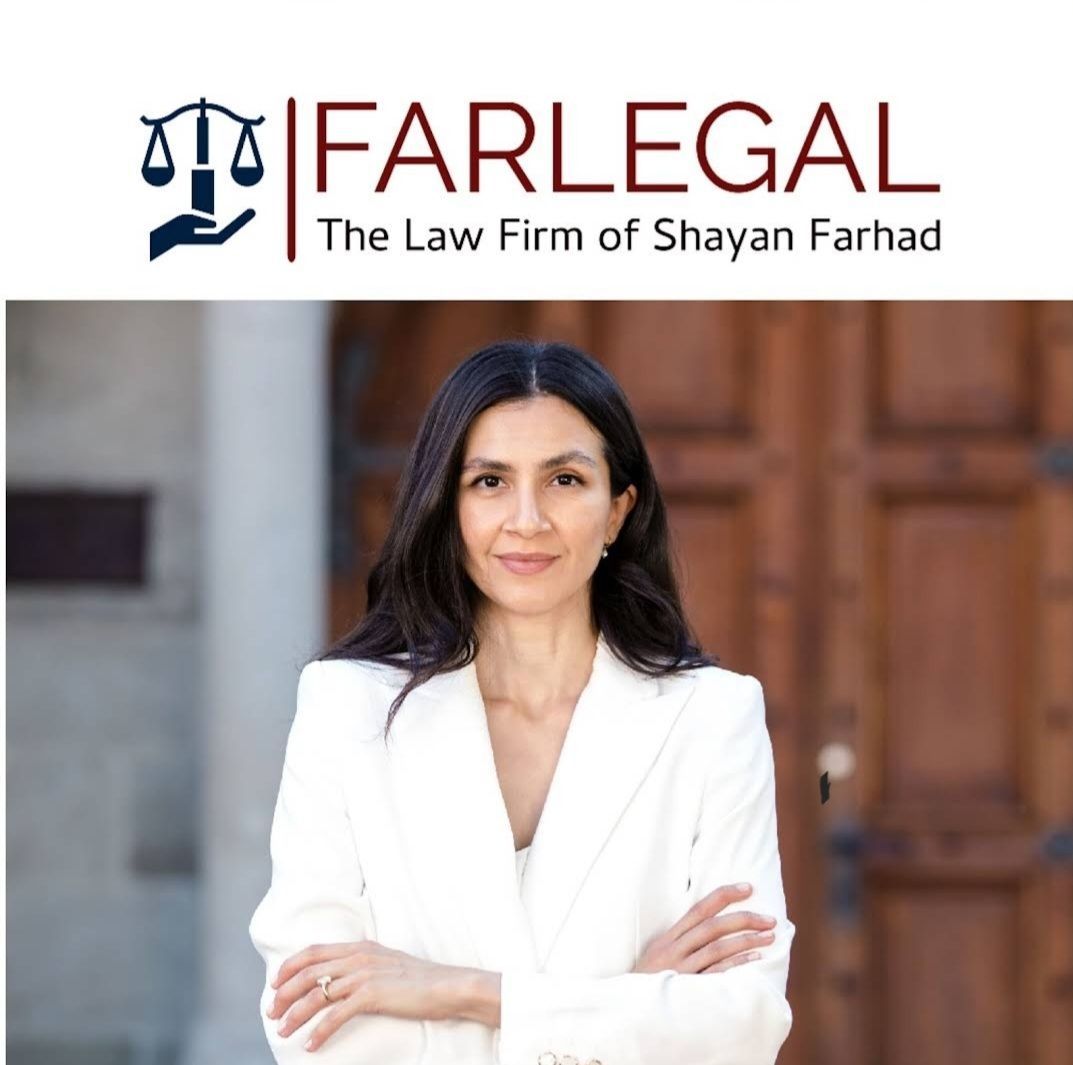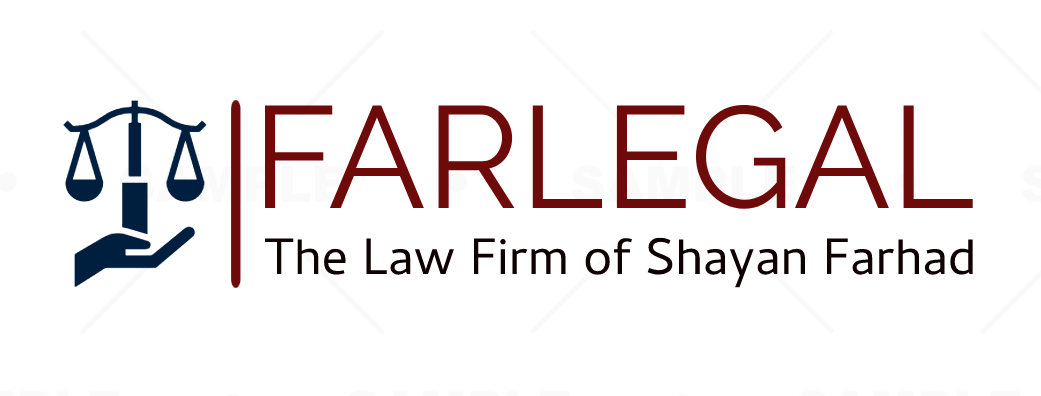On 18 October 2022, the Eastern District Court of New York sentenced a multinational corporation and its subsidiary to pay USD 777.78 million in fines and forfeiture after they pleaded guilty to a one-count criminal information charging them with conspiracy to provide material support and resources to foreign terrorist organizations in Syria from 2013 to 2014.
In the midst of the Syrian civil war, LAFARGE SA, a global building material manufacturer headquartered in Paris (France), and its subsidiary, LAFARGE CEMENT SYRIA SA, headquartered in Damascus (Syria), negotiated agreements with the Islamic State of Iraq and al-Sham (ISIS) and the al-Nusrah Front (ANF) in exchange for permission to operate their cement plant and to obtain economic advantage over their competitors in the Syrian cement market. LAFARGE SA and its subsidiary paid ISIS and ANF, through intermediaries, several millions of dollars. The scheme generated over USD 80 million in gains for all participants – including the subsidiary and the terrorist groups. As part of their guilty pleas, LAFARGE SA and its subsidiary admitted that they had falsified records and backdated contracts with their terrorist partners to conceal their arrangements and avoid accountability. LAFARGE SA is now a division of HOLCIM AG, a Swiss multinational building company headquartered in Zug, following a merger which concluded in July 2015.
This case, which represents the U.S. Justice Department’s first corporate material support for terrorism prosecution, marks an unprecedented shift in corporate criminal liability and a milestone in the fight against corporate impunity.
In her remarks announcing the guilty plea, U.S. Deputy Attorney General Lisa O. Monaco said: “In today’s world, corporate crime regularly intersects with national security in areas like terrorist financing, sanctions evasion, and cybercrime. Today, we see that intersection in its starkest form. Many of our cases expose corporate greed and corruption. But this time, corporate criminals joined hands with terrorists instead of corrupt government officials. In its pursuit of profits, Lafarge and its top executives not only broke the law — they helped finance a violent reign of terror that ISIS and al-Nusrah imposed on the people of Syria.”
In France, corporate criminal liability has extended to even more serious charges: LAFARGE SA is currently the subject of separate criminal proceedings in Paris alongside some of its former executives for a similar set of facts within the context of the Syrian civil war, where the corporation is charged with complicity in crimes against humanity committed by ISIS and other armed groups in Syria, in addition to endangering the lives of its employees and financing terrorism.
Under French criminal law, companies are criminally liable for offenses committed by their organs or representatives on behalf of the company (Article 121-2 of the French Criminal Code). However, the indictment of a French multinational corporation for complicity in crimes against humanity is a first and was upheld by France’s highest court, the Cour de Cassation, in September 2021 after it was initially dismissed by the Paris Court of Appeal. In its landmark ruling, the Cour de Cassation found that LAFARGE SA had "precise knowledge" of the activities carried out by ISIS, and that knowingly paying millions of dollars to an organization whose purpose is exclusively criminal suffices to constitute complicity of the crimes committed by the criminal organization regardless of whether the accomplice was pursuing a commercial activity. The Cour de Cassation has thus cleared the path for a criminal trial of a corporation for its alleged complicity in the commission of some of the most serious crimes known to mankind – crimes against humanity.
In stark contrast to the international developments outlined above, corporate criminal liability in Switzerland is somewhat minimal. In the best-case scenario, if an offense is committed in the course of a corporation’s commercial activities (either in Switzerland or abroad if operated by a Swiss corporation), the corporation cannot be directly charged in Switzerland for the committed offense itself, but only for having failed to take the appropriate measures internally that could have prevented the commission of the offense. In practice, this type of corporate criminal liability prosecution is commonly referred to as “defective organization” or défaut d’organisation.
This stems from the two-tier corporate criminal liability system applied in Swiss criminal law – “primary” and “secondary” – which was introduced in 2003 through the enactment of Article 102 of the Swiss Criminal Code. Primary corporate criminal liability applies to a narrow range of specific offenses (including organized crime, terrorism financing, money laundering and various forms of corruption) and provides that a company can only be found directly liable if it failed to take all necessary and reasonable organizational measures required to prevent one of the listed offenses from being committed. Secondary corporate criminal liability applies to all offenses (felonies and misdemeanors) and is only triggered if the individual perpetrator of the committed offense cannot be identified due to the company’s deficient organization; as such, under the secondary type of corporate criminal liability, the company is only subsidiarily charged because no one else within the company can be identified and prosecuted. In both cases, the monetary penalty is capped at CHF 5 million.
While this law poses many challenges and hurdles to overcome (e.g., narrow applicability, high legal threshold, dependent upon the underlying offense, practical difficulties from an evidentiary standpoint), it is also inadequate in tackling corporate crime to its full extent and ensuring corporate criminal accountability for the actual offense(s) committed.
Indeed, applied to the LAFARGE cases as seen in the U.S. and in France, this means that if a similar set of facts had fallen under the jurisdiction of the Swiss authorities, the corporation could not have been charged with and found criminally liable of financing terrorism per se, nor could it have been directly charged with complicity in crimes against humanity (a crime that is not included in the list of specific crimes triggering primary liability). At the very best, the criminal case in Switzerland for a primary liability offense such as terrorism financing would have revolved solely around the corporation’s internal organization and as to whether precautionary measures had been taken in order to prevent its members from engaging in criminal activities. In other words, if successfully prosecuted, the company would have been found – at most – guilty for its “defective organization” in relation to the committed offense(s), as opposed to guilty of the committed offense(s). As for the criminal case involving a secondary liability offense such as crimes against humanity, the corporation would unlikely have been charged at all if its internal organization had been deemed appropriate and had allowed for individual perpetrators to be identified.
While the number of corporate criminal liability investigations has increased in Switzerland, only a handful of cases have been tried and have effectively resulted in the conviction of corporations for defective organization linked to criminal offenses committed in the course of their commercial activities. As seen above, the legal arsenal in Switzerland is lacking when it comes to holding corporations criminally accountable for the actual offenses they commit and the criminal activities in which they participate. It is critical that criminal legislation in Switzerland be reinforced so as to meet and reflect the highest international standards, to prevent various forms of abuses and violations through harsher and more dissuasive sanctions, and to ensure that corporate impunity does not prevail.



